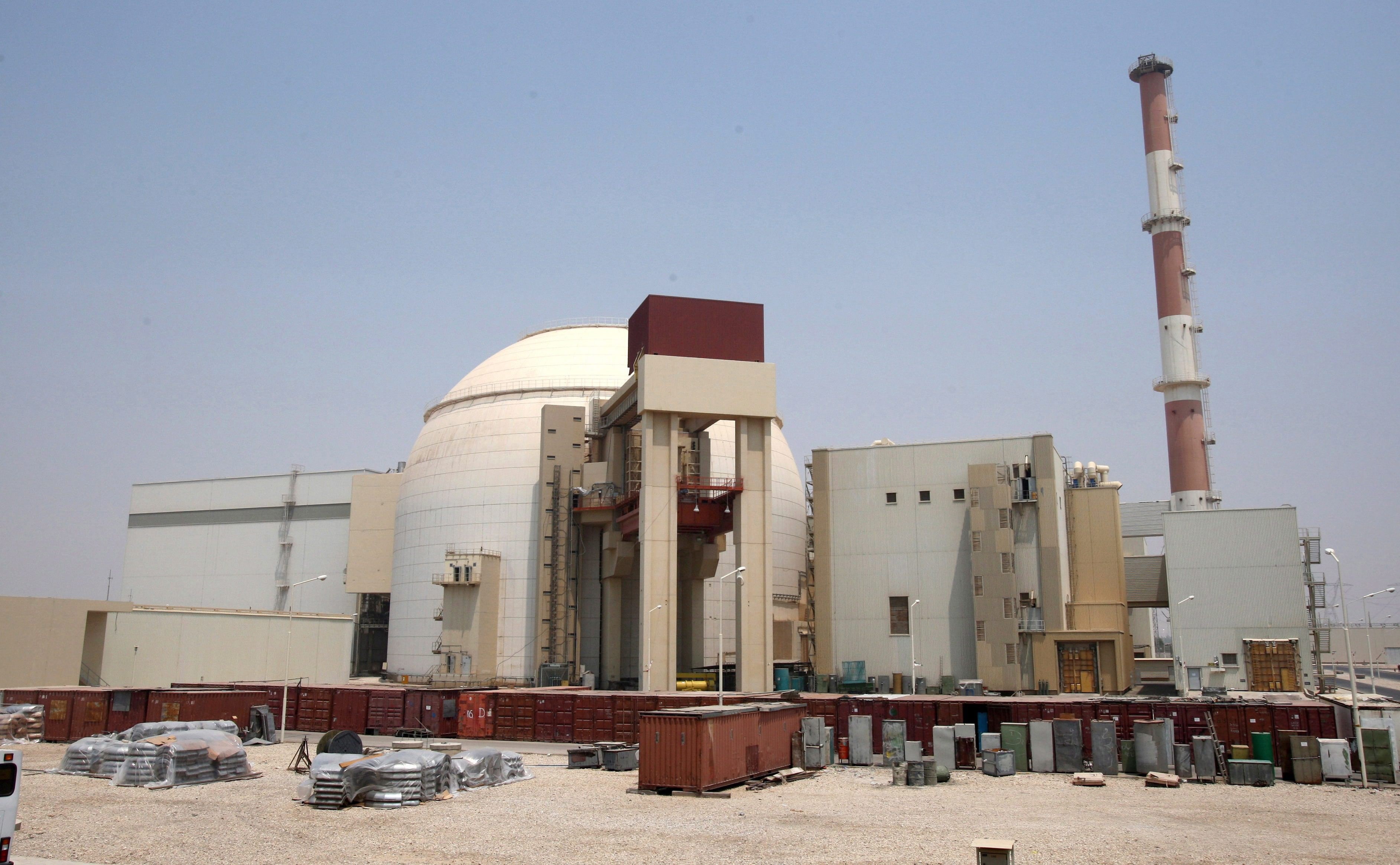Iran ceases all commitments beyond nuclear safeguard accords: Tehran
Iran takes more retaliatory action against the UN's nuclear watchdog after the latter adopted a biased measure against Iran, drafted by the United States and the E3.
-

The Bushehr main nuclear reactor south of Tehran, Iran
Iran has abandoned all commitments beyond the Safeguards Agreement in response to the International Atomic Energy Agency's Board of Governors' adoption of an anti-Iran resolution, an Iranian lawmaker said on Saturday.
Iranian MP and member of the Parliament's National Security and Foreign Security and Foreign Policy Commission Abolfazl Amoee condemned the resolution passed by the UN nuclear watchdog.
Iran's delegate to the IAEA had also denounced the decision the agency's Board of Governors took, which was the adoption of a resolution drafted by the United States and the E3. The decision came despite Russia's representative to the IAEA warning that such a decision would push success out of reach in the Vienna talks.
Warning that if the IAEA continues to embark on the same path of issuing politically-motivated reports against Iran, Tehran would be required to respond via "proportionally harsher" actions.
The Vienna talks between major powers and Iran aim to revive the 2015 nuclear agreement and return the United States to it following Washington's unilateral withdrawal in 2018 under then-President Donald Trump, who accompanied his decision with the imposition of harsh sanctions on Tehran under the banner of "maximum pressure" policy.
Following the IAEA's recent move, Iran withdrew from any form of cooperation beyond the Safeguards Agreement, the lawmaker explained, noting that Tehran deactivated a total of 27 surveillance cameras recording data beyond the Safeguards Agreement all over the country's nuclear facilities.
"In the meantime, the Parliament supports the administration’s move to reduce ultra-Safeguards cooperation and expand the [uranium] enrichment capacity by utilizing the new generation of centrifuges," he added.
The deactivation of the aforementioned CCTV cameras was announced by the Atomic Energy Organization of Iran on June 8, and the AEOI cited the UN nuclear watchdog's actions as the reason behind the retaliatory measure.
While Tehran has extensively cooperated with the UN nuclear agency, the statement read, the IAEA has unfortunately ignored the fact that such cooperation signifies Iran's goodwill, has been ungrateful for the cooperation, and has considered it as a duty of the Islamic Republic.
Before the release of the IAEA report that later led to the US and E3 submitting the draft, IAEA head Rafael Grossi visited "Israel", which raised questions regarding the nature of the visit ahead of the Body of Governors meeting and led to suspicions regarding the IAEA's impartiality.
Iranian news agency ISNA quoted last week an informed source as saying that the Islamic Republic will speed up the production and installation of new generations of centrifuges, including the IR6, IR4, and IR2M generations. The same source said this was only one of a series of procedures to be taken by Iran, noting that the UN agency would be informed of them.

 3 Min Read
3 Min Read








